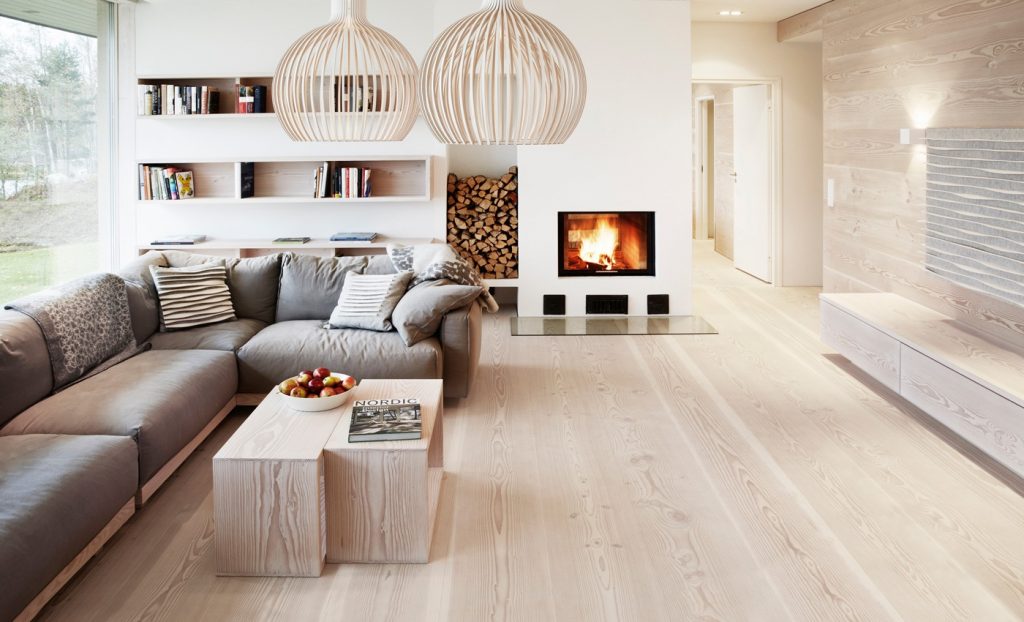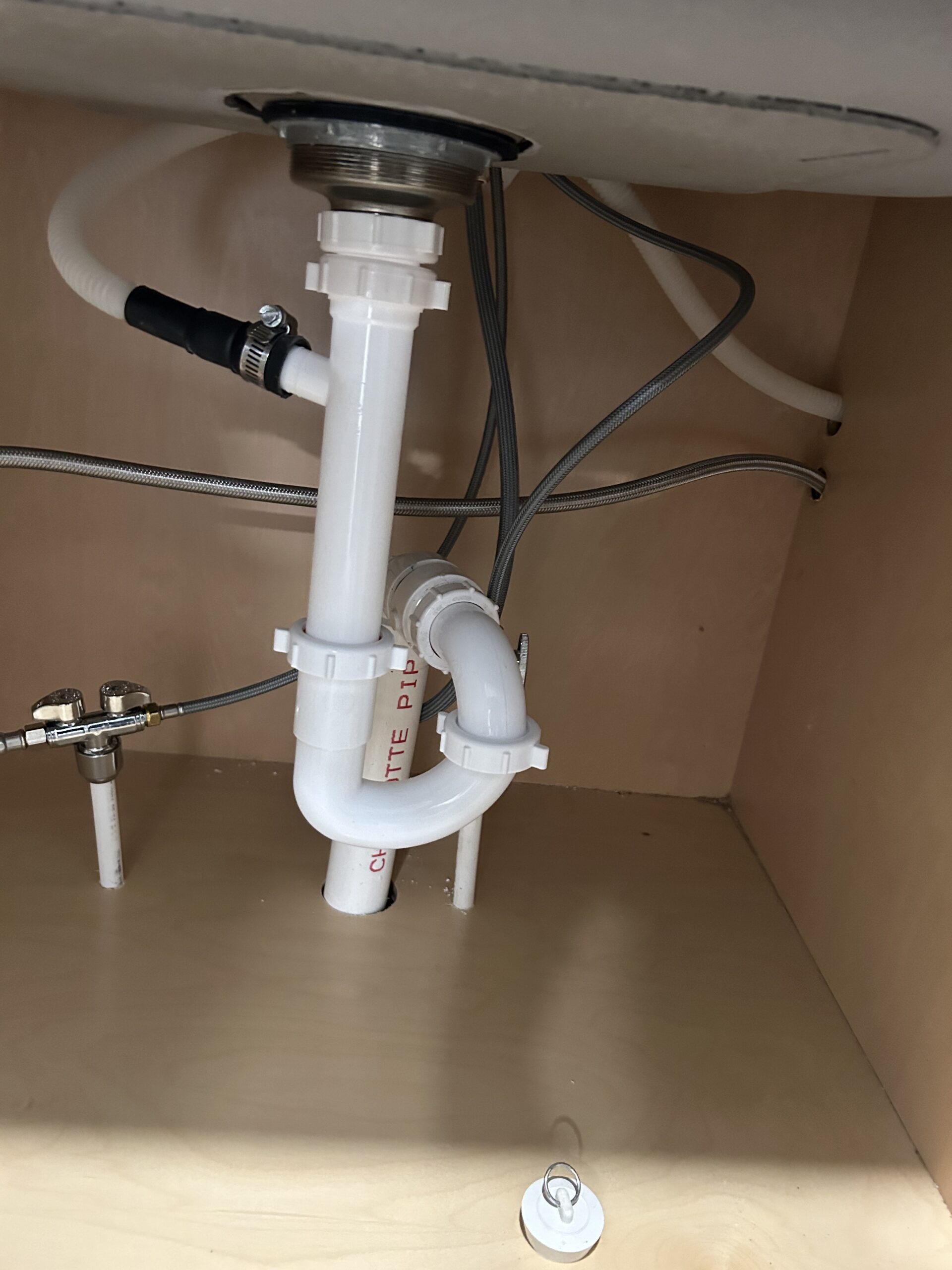
The realm of architectural design in Ghana stands as a testament to the nation’s rich cultural heritage, innovative craftsmanship, and evolving trends in house designs in Ghana. These designs are a blend of tradition, modernity, and adaptability, reflecting Ghana’s diverse cultural tapestry.
Fusion of Tradition and Modern Elements
House designs in Ghana embody a fusion of traditional architectural elements with contemporary influences. They seamlessly blend indigenous building techniques, such as mud-brick construction or thatched roofs, with modern materials and design principles.
This harmonious integration creates residences that pay homage to Ghana’s cultural roots while embracing the conveniences of modern living, as depicted in the diverse array of house designs in Ghana.
Regional Variations and Cultural Significance
Ghana’s diverse geographical regions give rise to distinct house designs in Ghana. From the adobe structures of the north to the vibrant coastal homes in the south, each region’s architectural style reflects its unique cultural heritage, climate considerations, and local materials.
The variations in house designs in Ghana hold profound cultural significance, reflecting the history, traditions, and lifestyles prevalent within different communities across the nation.
Embracing Vernacular Architecture
Vernacular architecture plays a pivotal role in shaping house designs in Ghana. The use of indigenous materials like bamboo, mud, and timber, coupled with designs that promote natural ventilation and thermal comfort, exemplify the sustainability and ingenuity inherent in these homes.
The vernacular influences showcased in house designs in Ghana not only emphasize functionality but also resonate with a sense of cultural identity and environmental consciousness.
Innovative Design Concepts and Aesthetics
Contemporary house designs in Ghana embrace innovative concepts and aesthetics, incorporating sleek lines, minimalist forms, and modern conveniences. Architects infuse these designs with artistic flair, while keeping functionality at the forefront.
The aesthetic appeal of house designs in Ghana lies in their ability to blend modern architectural styles with cultural motifs and vibrant colors, creating visually striking homes that harmonize with their surroundings.
Sustainable Practices and Eco-Friendly Features
A growing trend in house designs in Ghana revolves around sustainability and eco-conscious features. Architects and homeowners alike are embracing solar panels, rainwater harvesting systems, and energy-efficient designs to minimize environmental impact.
The integration of these sustainable practices into house designs in Ghana not only reduces the ecological footprint but also aligns with the global movement towards environmentally friendly living spaces.
Adaptability and Customization
One of the notable features of house designs in Ghana is their adaptability and scope for customization. These designs cater to diverse needs, allowing homeowners to personalize spaces according to their preferences, family sizes, and lifestyles.
The flexibility in house designs in Ghana permits alterations or expansions, ensuring that homes evolve along with the changing needs and aspirations of their occupants.
Future Trends and Architectural Evolution
As Ghana continues to evolve economically and technologically, the trajectory of house designs in Ghana is set for further evolution. The architectural landscape is poised to witness innovative designs, embracing advancements while preserving cultural heritage.
In conclusion, house designs in Ghana epitomize a delicate balance between tradition, modernity, and sustainability. They represent more than just structures; they encapsulate stories of heritage, innovation, and the aspirations of a nation, shaping the architectural narrative of Ghana’s future.


